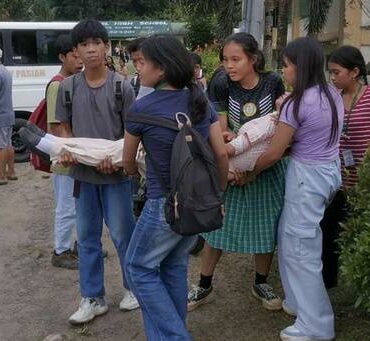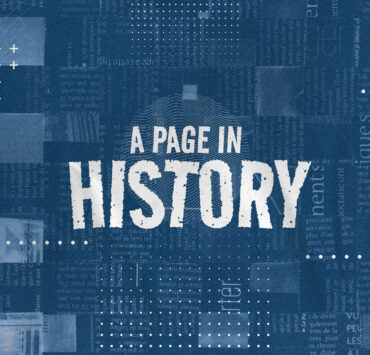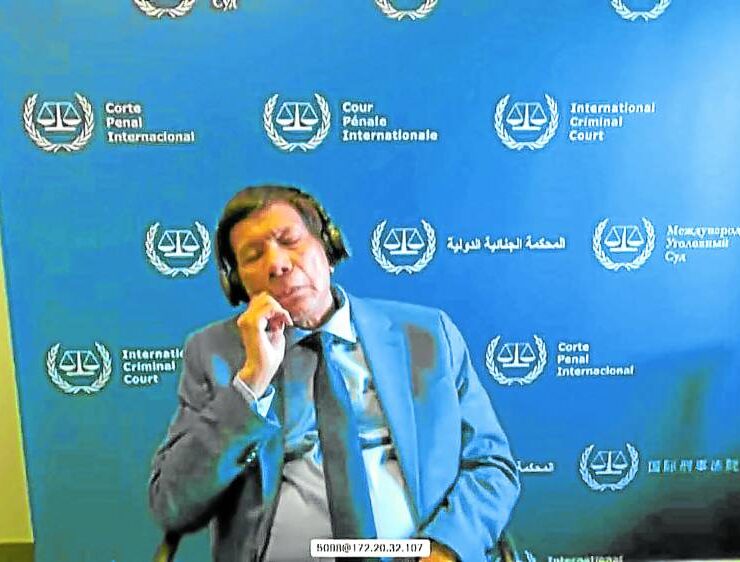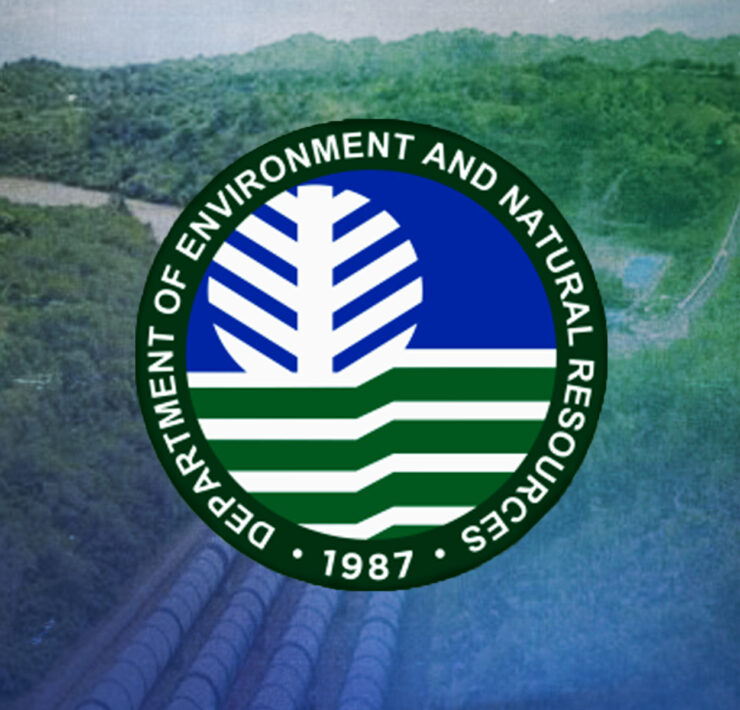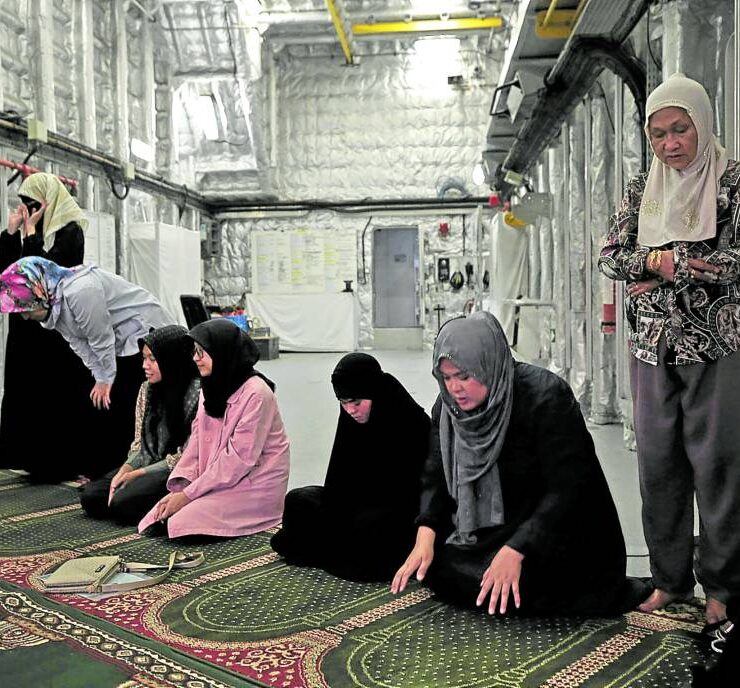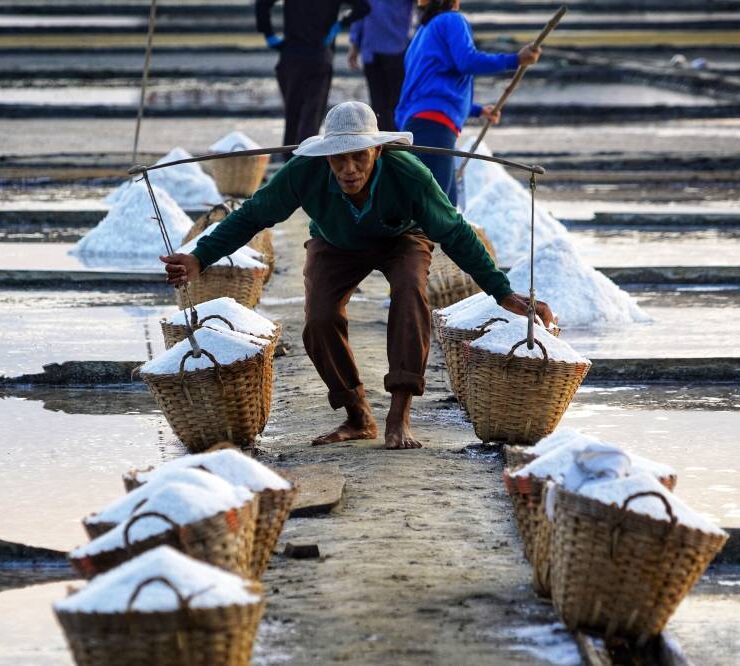ICC rejects Du30 release plea, cites flight risk
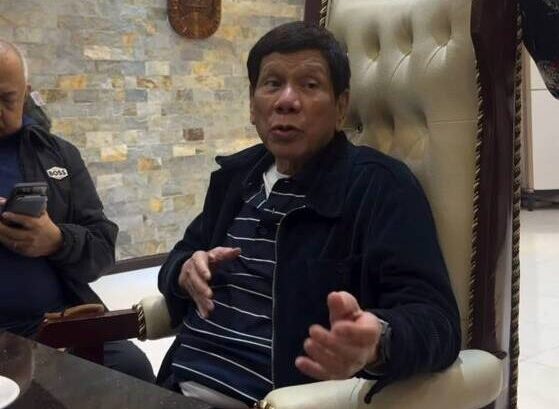
A pretrial chamber of the International Criminal Court (ICC) has rejected former President Rodrigo Duterte’s request for temporary release, saying he could “elude prosecution” with his history of threatening witnesses while his family continued to wield power and influence in the Philippines.
In a unanimous decision made public on Friday, the ICC’s three-member Pre-Trial Chamber (PTC) I decided to continue holding Duterte in a detention facility in The Hague, the Netherlands, as he was a flight risk.
His detention remains “necessary” to ensure his presence at the pretrial stage of the proceedings and later, for trial, if the charges against him are confirmed, it said in a 23-page ruling last Sept. 26 against his request for “interim release.”
‘We are relieved’
Duterte has been charged with murder as a crime against humanity in his war on drugs. He is alleged to be an indirect perpetrator, masterminding the killings of suspected drug offenders and complementing that with rewards to the police and hired gunmen who executed the victims.
Supporters of the victims of Duterte’s brutal drug war and their lawyers hailed the decision against his “propensity to evade justice.”
“We are relieved that this shows a fair amount of trust and respect for victims, often overlooked in international law,” lawyer Kristina Conti of National Union of Peoples’ Lawyers (NUPL) said in a statement.
“The decision on interim release is mollifying, but at the same time acutely reminds us of how influential the Dutertes still are,” said Conti, one of the lawyers representing the victims and their families in the ICC.
The PTC I said Duterte did not meet any of the conditions that would allow an ICC detainee to be temporarily freed under the Rome Statute, the treaty that established the international tribunal.
Sara’s speeches noted
These are ensuring his appearance during trial; that he does not obstruct or endanger the investigation or proceedings; and that he is prevented from “continuing with the commission of the crime or related crime” under the court’s jurisdiction.
From the time he was arrested in Manila and flown to The Hague last March, the court noted that Duterte and his family called his arrest “a pure and simple kidnapping” and even pressed the ICC to fly him back to the Philippines.
“More specifically, the chamber notes that on (July 19), Mr. Duterte’s daughter mentioned in public speeches the idea of breaking Duterte out of the ICC Detention Centre, and attempted to delegitimise the court’s proceedings against Duterte, citing collusion between the court and the government of the Philippines as well as the use of ‘fake witnesses,’” it said.
The PTC cited the pronouncements of the ex-president’s daughter, Vice President Sara Duterte, a month later that her father “wished to return” to Davao City if he were granted conditional liberty.
The PTC said that this was a “contradiction with the defense’s assertion that he would remain in the state he would be released to.”
“The foregoing illustrates Mr. Duterte’s rejection of the proceedings against him before the court, and the will of his close family to help him elude detention and prosecution,” it added.
The solid influence and reach of Duterte, which extends to his children who currently hold positions of power, did not escape the court’s attention.
“Given Mr. Duterte’s position as former President of the Philippines, he appears to have the necessary political contacts, as well as to benefit from a network of support within that country … that may help him abscond,” it said.
The possibility of Duterte committing the same crimes he is charged with is amplified by his poll victory this year as Davao City mayor despite being detained in the ICC, and that of his son, Sebastian “Baste” Duterte as vice mayor.
Health claim unproven
“No later than in 2024, Duterte has allegedly pledged to double the killings if he were to be elected again as Mayor of Davao City,” the court pointed out.
Because the charges against him involved the gruesome killings in his hometown, where he served as a longtime mayor, the PTC said that “should he return to Davao City, Duterte would be placed in the very position that allowed him to commit the crimes for which his arrest and surrender to the court was initially sought.”
The chamber also denied Duterte’s interim release based on his advanced years and supposed ailments, notably his “cognitive impairment,” which his lawyers backed up with medical reports.
According to the chamber, the documents submitted by the 80-year-old former president’s legal team failed to show nor indicate how the former president’s “alleged physical condition or cognitive impairment negate the risks identified.”
It called the defense’s arguments “speculative and without basis,” adding that ill health “may be a factor” but did not outweigh the grounds for continued detention.
With regard to the defense’s argument that humanitarian factors favored Duterte’s interim release, the chamber noted that the reference to two decisions purportedly supporting the existence of a Court practice to provide provisional release for humanitarian reasons were unfitting.
The two earlier decisions granting temporary transfers outside detention were for a period “not exceeding 24 hours, during which the person stayed at all times in the custody of the Court, and in very limited and exceptional circumstances such as the attendance of the funeral of a relative,” said the chamber.
The chamber said that the defense’s argument was limited to Duterte’s age without substantiating how detention was so detrimental that it justified his release.
It noted that Duterte enjoyed the right to medical treatment in accordance with regulations, which include the availability of a qualified medical officer with experience in psychiatry, plus the presence of a nurse at the detention center “at all times.”
Kaufman’s take
“Nothing in the request indicates that this would not be sufficient to ensure that Mr. Duterte receives the appropriate medical attention and care in detention,” the chamber said.
In a message to the Inquirer, Duterte’s lead lawyer, Nicholas Kaufman, said they had appealed the PTC I’s decision last month to the ICC Appeals Chamber “a week ago.”
“Were this a conventional domestic court—with more than one active first instance case in its docket—I believe that there would have been no hesitation to release an 80-year- old sick and debilitated man, kept from the public for more than half a year, and for whom unprecedented State guarantees had been provided,” Kaufman said.
“But this is a Court where civil society activist lawyers have free reign in the media to accuse the former President’s supporters of judicial trolling, to lambast Defence submissions and to file frivolous petitions to sanction counsel. We hope that the Appeals Chamber will reverse this erroneous decision,” he added.
Cristina Palabay of the human rights group Karapatan, supported the PTC I’s views that Duterte still held strong influence in the country.
Palabay told the Inquirer that the former president and his family and associates still had the capacity “to use his connections and resources to undermine the ICC and go after witnesses and victims.”
According to Bayan Muna Chair Neri Colmenares, the ruling should further empower the families and relatives of the victims seeking justice to participate in the ICC proceedings.
“This decision shows that to some extent international justice mechanisms work, even when domestic institutions fail. It gives hope to the families who have been fighting for years, often at great personal risk, to hold the perpetrators accountable,” Colmenares said in a statement.














